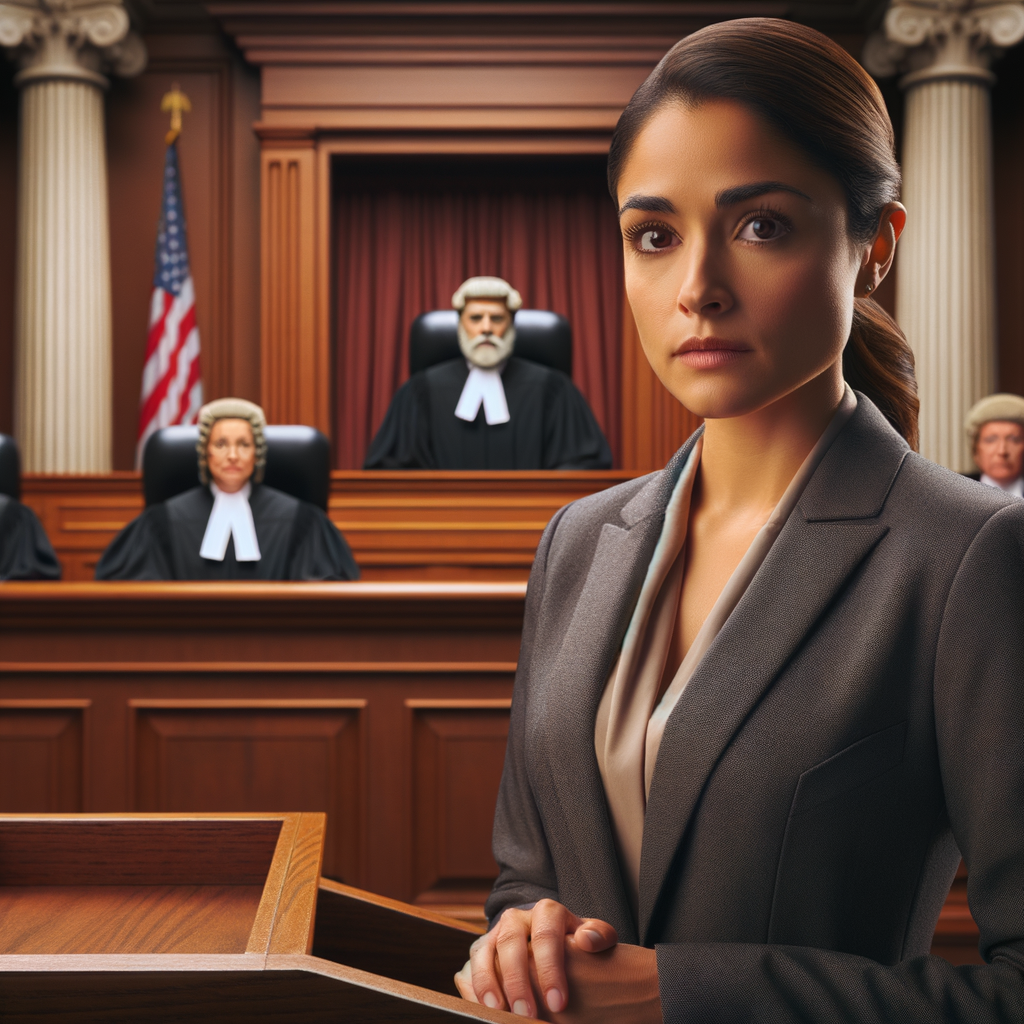IRAC Summary:
Issue: Whether the President of the United States, Richard Nixon, could claim executive privilege to withhold information, such as tape recordings of Oval Office conversations, requested by a subpoena in a criminal trial.
Rule: The U.S. Constitution does not explicitly grant the President an absolute, unqualified privilege to withhold information in the face of judicial proceedings. The President’s generalized interest in confidentiality must be balanced against the judicial branch’s need to administer justice in criminal prosecutions.
Application: President Nixon argued that the separation of powers doctrine and the need to maintain the confidentiality of high-level communications within the executive branch gave him an absolute privilege to ignore the subpoena. The Supreme Court rejected this claim, stating that while the President does have a qualified privilege, this privilege is not absolute and can be overcome when there is a demonstrated, specific need for evidence in a pending criminal trial.
Conclusion: The Supreme Court unanimously held that President Nixon must comply with the subpoena and surrender the tape recordings since the need for the evidence in the pursuit of justice in a criminal trial outweighed the President’s claim of executive privilege.
Detailed IRAC Outline:
Issue:
The central issue in United States v. Nixon is whether the President’s right to safeguard certain information, using the concept of executive privilege, is absolute, preventing the judicial branch from accessing information relevant to a criminal investigation.
Rule:
The Supreme Court identified the constitutional principles at play, including the separation of powers and the need for confidentiality in the executive branch. However, it noted that these principles must be balanced against the fundamental demands of due process of law and the fair administration of criminal justice. The Court considered precedents and the Constitution to assert that the President’s privilege is qualified rather than absolute.
Application:
– Facts: A grand jury returned indictments against seven of President Nixon’s aides in the Watergate affair. The special prosecutor appointed to the case sought a subpoena duces tecum to obtain tape recordings and documents relating to the President’s conversations with these aides.
– Lower Court Rulings: The District Court granted the subpoena. President Nixon filed a motion to quash the subpoena, claiming absolute presidential privilege. The District Court denied this motion, ordering Nixon to deliver the tapes and documents.
– Supreme Court Analysis: The Court considered the full record and held that the judiciary has the power to review the claim of executive privilege. It then carefully balanced the need for confidentiality against the need for evidence in the criminal trial. The Court found that the special prosecutor had shown a sufficient need for the tapes in the interests of justice.
– The Court rejected the President’s claim to an absolute, unqualified privilege, noting that such a privilege would conflict with the function of the courts under Article III of the Constitution.
Conclusion:
The Supreme Court concluded that the President must obey the subpoena and produce the tapes and documents. The Court held that the President’s privilege of confidentiality is not absolute and can be overridden by the judicial branch’s need to adjudicate criminal cases fairly and thoroughly. This landmark decision asserted the principle that no person, not even the President, is above the law.
